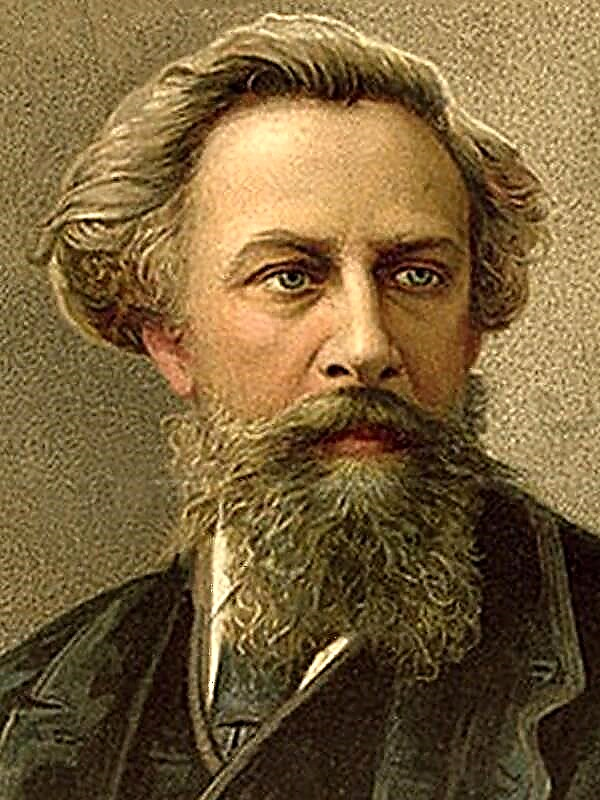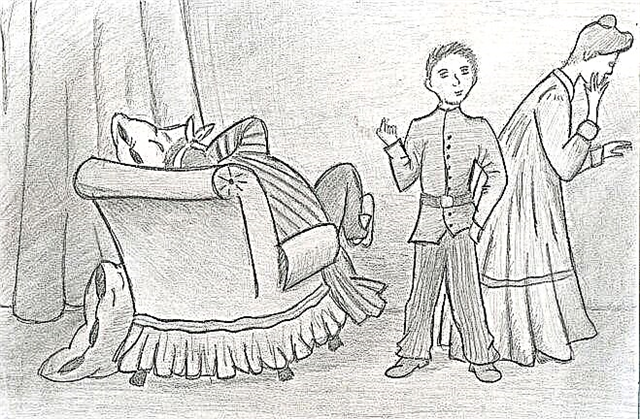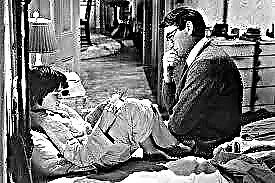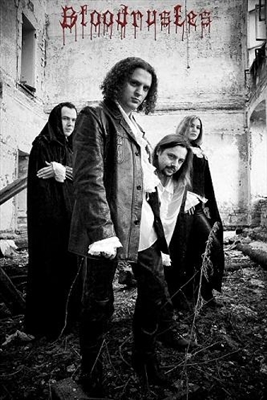The genre of humorous science fiction belongs to the path of science fiction and even fantasy. The only thing that distinguishes it from other genres in this direction is the use of a humorous element in the narrative. Ancient literature became a kind of progenitor of the genre, combining comic and fantastic, and much later, writers of different eras continued to work in this direction. For our witty readers, we present a list of must-read works in the genre of humorous fiction.
Books that originated the genre
- Apulia "Metamorphoses" or "Golden Donkey". Humorous fiction has become especially widespread relatively recently (in Russia this “boom” occurred in the 70s – 90s), however, even ancient authors diluted fantastic events with comic inserts in their works. For example, the ancient Roman writer Apuleius in his huge novel “Metamorphoses” or “Golden Donkey” tells about the amazing adventures of the young man Lucius, who is fascinated by witchcraft and magic, whom the witch turns into a donkey. Although the novel is instructive in nature and tells of a decline in morals and a lack of morality in society, humor still remains an integral part of it.
- D. Swift "Gulliver's Journey". Having snapped up, filmed and reprinted several times, the novel can rightfully be considered the founder of the genre of humorous fiction. The author, following the writers of antiquity, with the help of accusatory satire and fantastic images, ridicules the vices of modern society, sending his hero on trips to different worlds. An experienced reader, one way or another, is familiar with the contents of this work, and everyone has read about Gulliver’s adventures in the country of Lilliputians. But still, it is worth reading this novel to the end, because it is then that the idea and message of the author are understood more holistically.
Russian classics
- M.E. Saltykov-Shchedrin "History of a city." The revealing works of Saltykov-Shchedrin are the cradle of domestic satirical fiction and humorous fiction in general. The basis of the novel is a certain chronicle of the city of Glupov, from which the author-narrator learns about the origin of the Foolovites (residents of Glupov) and the prominent city governors. All mayors have real prototypes of the rulers of the Russian Empire, so this novel will interest readers who are fond of the chronology of Russian reality. “The history of one city” is a landmark work not only for the development of the genre of humorous fiction in Russia, but also for Russian literature in general.
- M.A. Bulgakov "Fatal Eggs". Bulgakov is truly a classic of Russian science fiction - amazing stories, new worlds, witty, and sometimes even crazy characters distinguished him in the writing field of the 20th century. “Fatal Eggs” is a story on the verge of science fiction, but nevertheless seasoned with a special humor of the writer. However, in the depths of the ridiculous story, the deep tragedy and reflections of the author about the responsibility of the scientist and the fearless ignorance of the layman are hidden.
Modern foreign
- T. Pratchett cycle "Flat World". In the case of Pratchett, it is difficult to get by with one book, since the entire Flat World series is united by one theme and consists of more than 40 works. Although the first works of the cycle were more parody and only imitated the fantasy genre, the subsequent ones became more and more serious - in them the author described the 2D world with similar problems in the real world (magical pollution and problems of utilization of magical waste). And, of course, not without subtle humor inherent in the entire work of the writer and exposing the problems of not only fictional, but also our world. You can get acquainted with the whole cycle, or at least part of it, but still special attention should be paid to the book “Sentinels! Guard! ” from the sub cycle about the Guard, so she entered the top 200 best books according to the Air Force.
- D. Adams "The Hitchhiker's Guide to the Galaxy." In 1984, the literary “trilogy in five books” by the “Hitchhiker's Guide to the Galaxy” topped the list of UK bestsellers and had phenomenal success not only at home but also abroad. This cycle is originally charming - it contains witty jokes, a boring story and, of course, a fantastic world. The work became truly cult, its film adaptation paid off twice, even computer games were created on the basis of novels, and quotes from books slip into the songs of popular contemporary groups (Radiohead, Coldplay, etc.). And after reading the number 42 will inevitably find new meanings for the reader.
- N. Gaiman "Never." Probably, there is no reader who was ignored by the talk about the sensational works of Neil Gaiman, “American Gods”, “Coraline” and “Sandman”. The writer manages to create novels for a wide range of readers: from children to adults, from lovers of nightmarish horror to those who prefer light fairy tales. However, elegant humor is the feature that makes people read over and over again these fantastic works. “Never” is penetrated by black humor, which may not be to everyone’s taste, but with the help of which the author accurately and ruthlessly shows us the wrong side of the modern world. Gaiman creates a parallel world similar to London, inhabits it with incredible characters and confronts them with forces more powerful, close to God. After such fascinating adventures, the ordinary human world will seem boring and gray.
Modern domestic
- Strugatsky brothers "Monday begins on Saturday". The Strugatsky became a kind of symbol of modern Russian science fiction - from their pen came a lot of cult works that still do not let readers out of their fictional worlds. The three-part novel “Monday begins on Saturday” tells about the adventures of the programmer Alexander Privalov, who meets characters from fairy tales, magicians, genies and even travels in time. In this work, the authors concluded the Soviet man’s dream to penetrate the secrets of the universe, to devote himself to scientific creativity. They also make fun of modern bureaucracy, ignorance, rogues in the scientific field, using satire and irony.
- K. Bulychev “Miracles in the Guslyar”. Another bright science fiction writer under the pseudonym Kir Bulychev began his career with the collection of short stories “Miracles in the Guslyar”. The Great Guslyar is a fictional city in which mysterious and fantastic things happen, this is a kind of Russian Night Vale. The main characters of the stories are ordinary people who, even in the most incredible situations, have to remain human beings and act like humans. The stories are written easily and with humor, therefore it is difficult to get tired of them, but, nevertheless, the writer raises important and caring questions for everyone about humanity and its borders.
- T.N. Fat "Kys". The sensational post-modernist novel Tolstoy wrote for 14 years. The plot of the novel is the events after the nuclear war in Russia. The explosion divides the time into “before” and “after”. People who lived before the explosion are called "former" because the world has changed, mutated, it is full of fears and suspense. In the minds of the main character Benedict, the image of the terrible creature Kysi often appears and accompanies him throughout the duration of the anti-utopian novel. The whole narrative is saturated with subtle irony and often rude satire. But the work will also be interesting from a linguistic point of view - it is full of vernacular, profanity, the characters speak a special fictitious dialect, and neologisms, outdated words and interspersed from different dialects of the Russian language slip in their speech.












